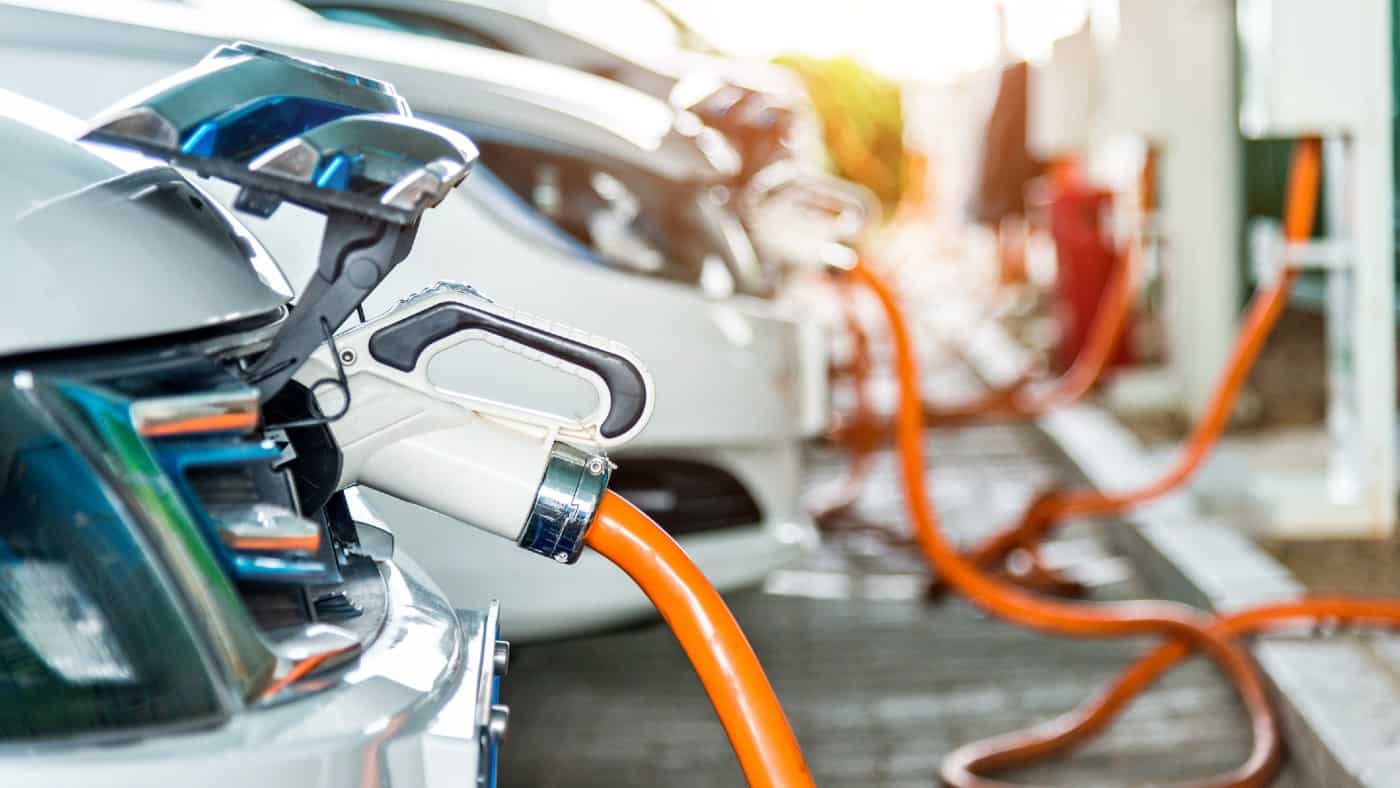Hot on the heels of Shell last week, it was pretty much a feeling of déjà vu as BP (LSE: BP) reported its best set of results in eight years. However, despite a recent rise, its share price remains far off its all-time high. Sporting a dividend-yield of 4.2% and a P/E ratio considerably below its long-term average, has not been enough to tempt back sceptical investors. So, can BP revive its fortunes and those of its shareholders? I think it can, and as an existing holder I’d be happy to buy more today. Here’s why.
2021 results
Whichever metric one looks at, BP posted an impressive set of figures for 2021. Surging oil and gas prices, particularly in the fourth quarter, turned BP into a cash generating machine as it raked in revenues of $164bn. Translated to the bottom line, profits hit $12.8bn. Operating cash flow doubled to stand at $23.6bn. Cash and cash equivalents stood at $30.6bn, slightly down on 2020. However, this number was impacted by a reported operating loss in Q3 as a result of a complex derivative valuation. On the balance sheet side, net debt was reduced by 21% to stand at $30.6bn, reflecting a seventh quarterly reduction.
However, despite the bumper results, the dividend remains unchanged. Instead, the company has allocated over 60% of free cash flow to share buybacks up to 2025. A potential problem with allocating so much cash in this way is that it could artificially inflate the share price, thereby limiting the company’s options on this front.
Is BP undervalued?
BP is facing the tough task of pivoting its core business away from oil and gas to become what it describes as an “integrated energy company”. However, it needs the cash from its core business in order to fund this transition.
By 2030, it still expects to be generating similar profits from oil and gas as it does today. But production will be reduced by 40%. Margins should be maintained through concentrating capital expenditure on existing hubs. Also, it expects development costs to fall by 40% to $9 barrel oil equivalent (boe). This tells me that it has no intention of cannibalising its core business any time soon.
But what of its leap into the renewables space? By 2030, it’s only expecting $2bn-$3bn of profit to be generated from its low-carbon energy business. Its bigger bet in this decade is actually in the convenience and mobility sector. Here, it’s aiming to double profits to $9bn-$10bn.
Personally, I think this is the correct space to be playing in. As EV adoption becomes mainstream, together with the electrification of heat, the demands on the electricity network will change. What will become increasingly important in this new world will be connected energy systems. Companies that are able to navigate the complex regulatory environment and have experience in trading will have a competitive advantage. BP certainly ticks the boxes here.
The road to becoming an integrated energy company will not be an easy one for BP. However, it knows that if it’s to survive another 110 years it can’t rely purely on revenues from oil and gas. The energy transition will take many decades to play out fully though. But if it executes on its strategy correctly, a re-rating of BP’s share price could follow very quickly.








